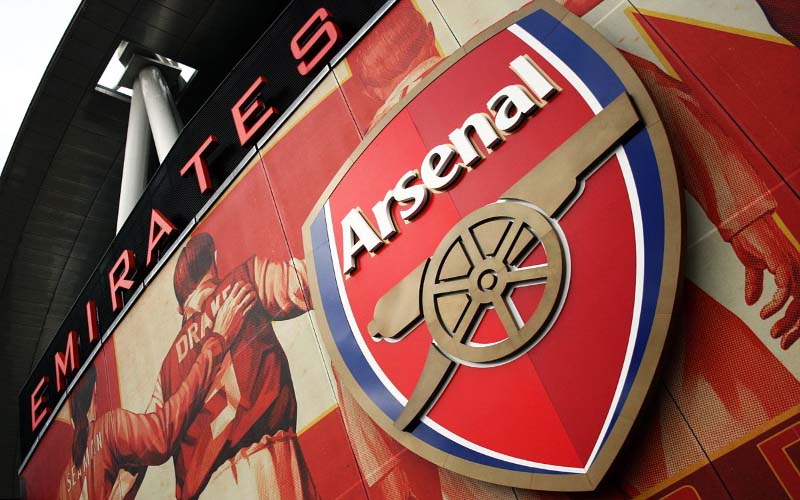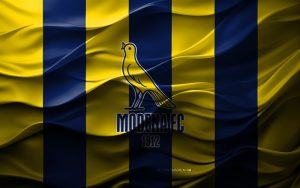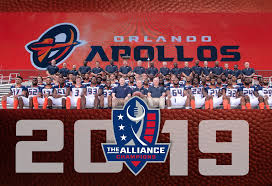Arsenal FC: Latest News, Transfers, and Match Highlights

Arsenal FC: Latest News, Transfers, and Match Highlights
Arsenal is not just a football club; it’s a global institution that has amassed a significant following due to its rich history, passionate fanbase, and commitment to attacking football. From the iconic red and white kits to the renowned Emirates Stadium, Arsenal represents a unique blend of tradition and modernity in the world of sports. In this blog post, we will delve into various aspects of Arsenal FC, including their latest news, key players, transfers, tactical styles, rivalries, and future prospects.
Arsenal FC: A Comprehensive Guide
Understanding Arsenal FC requires diving deep into its origins, achievements, and current standing in both domestic and international football. Established in 1886, the club has a storied history that has been instrumental in shaping its identity as one of England’s premier football clubs.
Origins and Early Years
Arsenal FC was founded by a group of workers at the Royal Arsenal in Woolwich, South London. Initially known as Dial Square, the name changed soon after to Arsenal, reflecting its roots. The team turned professional in 1891, transitioning from amateur status to compete at higher levels https://188bet98.com/.
The early years were marked by fluctuating performances, but Arsenal established itself in the Football League by the turn of the 20th century. The club quickly garnered attention for its commitment to skillful play and sportsmanship, values that remain fundamental to Arsenal’s ethos today.
Rise to Prominence
By the early 1930s, Team began to dominate English football under the management of Herbert Chapman. His innovative tactics and focus on athleticism laid the groundwork for success. The team secured its first FA Cup in 1927 and followed up with multiple league titles, establishing the Gunners as a formidable force.
Chapman’s tragic death in 1934 did not hinder Team progress. The club continued to flourish, amassing numerous trophies through the decades, including an impressive record of league championships and domestic cup triumphs.
Modern Era and Global Expansion
In recent decades, Team has adapted to the evolving landscape of football. The move to the Emirates Stadium in 2006 marked a new chapter, allowing the club to grow its brand globally. Despite some challenges, including periods without significant silverware, Arsenal has remained relevant and continues to attract top talent.
The club’s commitment to youth development and attacking football is evident in its philosophy and playing style, which continues to resonate with fans around the world.
History and Legacy of Arsenal FC
Arsenal’s legacy extends beyond the pitch. The club’s influence on football culture, community engagement, and global outreach has solidified its status as a revered institution.
Cultural Impact
Team has played a significant role in shaping football culture in England. From the famous “Invincibles” season in 2003-04, where the team went unbeaten in the league, to legendary players like Thierry Henry and Dennis Bergkamp, the club’s history is rich with moments that have left an indelible mark on the sport.
The club’s motto, “Victory Through Harmony,” reflects its belief in teamwork and unity, principles that resonate deeply with fans. Arsenal’s emphasis on entertaining football has not only won matches but also hearts, fostering a sense of belonging among supporters.
Community Engagement
Arsenal FC has long been committed to serving its local community. Initiatives such as the Team Foundation work tirelessly to promote social inclusion, health, and education. The club engages with fans through various outreach programs, ensuring that it remains a beloved fixture in the community.
Through these efforts, Team has built a legacy that goes beyond trophies—it symbolizes hope, inspiration, and communal spirit.
International Reach
With millions of fans worldwide, Arsenal has successfully expanded its reach beyond the UK. Pre-season tours, partnerships with international brands, and digital engagement strategies contribute to its global appeal. The club’s ability to connect with diverse audiences highlights the universal language of football.
As the game evolves, so too does Team approach to building its brand, ensuring that it remains competitive in today’s commercial landscape.
Conclusion
Arsenal FC is a club rich in history and ambition. Its journey from humble beginnings to global prominence reflects not only sporting success but also a dedication to community and culture. As Team continues to navigate the challenges of modern football, the foundations of youth development, strategic recruitment, and a commitment to excellence will pave the way for future success.







